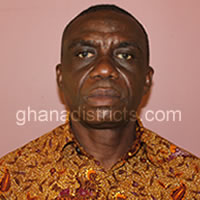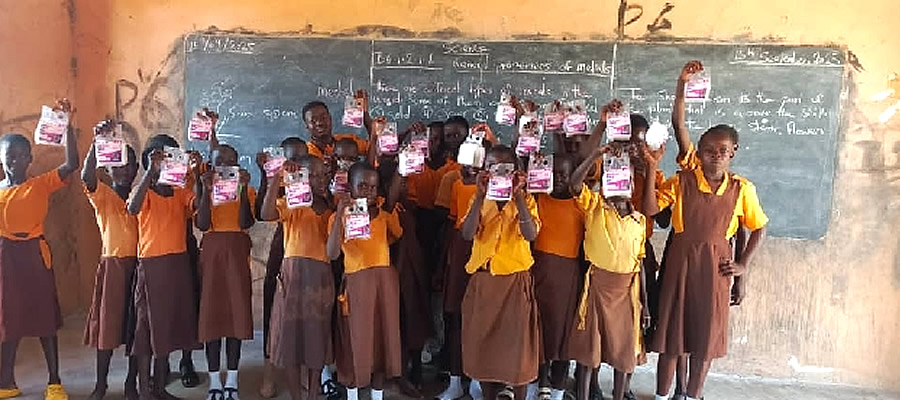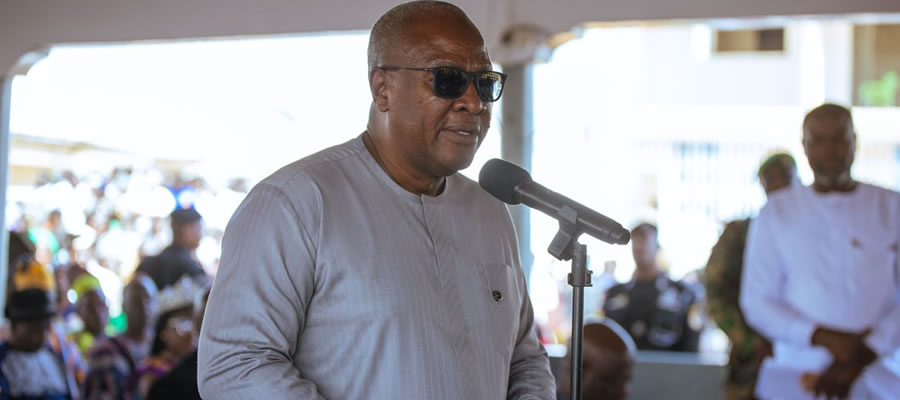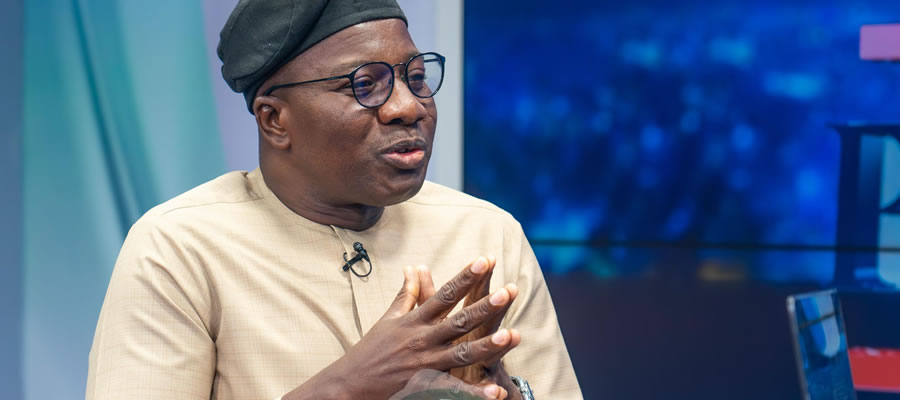

The Administration of the Municipality
Governance in the municipality is both modern and traditional. The former is represented by the Municipal Assembly created by LI 1738 of 2004 within the framework of the Local Government Act of 1993 (Act 462), while the later is by Chiefs (Traditional rulers)
The Municipal Assembly
The General House
- Highest administrative and legislative body in the municipality
- Membership of forty eight (48)
- Thirty two (32) elected from single member electoral areas
- Eleven appointed by central Government
- Three (3) members of parliament (who have no voting right)
- Headed by a presiding member who works part time
The house meets at least three times a year to deliberate on issues concerning the municipality. Passes by-laws approves development plans, projects, programmes and schemes as well as the budget. Another role played by the house is to confirm the president’s nominee for the position of Chief Executive of the municipality.
The Executive Committee
The Executive Committee is made up of sixteen members (that is third of the general house) chaired by the Municipal Chief Executive. It has nine (9) sub-committees, the first five (5) being statutory and the rest created by the Assembly. These include:
- Works
- Development Planning
- Social Services
- Justice and Security
- Education
- Food and Agriculture
- Environment, Health and Sanitation
- Disaster Relief and Bush fires
Other important bodies
- Complaints Committee (headed by the presiding member)
- Municipal Tender Committee
- Municipal Tender Review Committee Board
- Municipal Security Committee
- Credit disbursement committee
The municipality is sub-divided into twelve (12) Zonal Council and two hundred and fourteen units.
Traditional Authority
The traditional authority is represented by the Bawku Traditional Council under the presidency of the Bawku Naba, the Paramount Chief of the Bawku Traditional Area. The membership is made up of the Chiefs of important settlements and the advisors to the Bawku Naba.
Matters concerning Chieftaincy, culture and tradition are handled by the traditional council individual chiefs. Additionally, the traditional council is represented in the Municipal Assembly to also air their views. However, they (chiefs) receive their allowances from the Assembly.
Ministries/Departments/Agencies
There are twenty-six (26) departments/agencies in the municipality. Out of this number sixteen (16) are decentralized departments/agencies while ten (10) are non-decentralized.
Decentralized Departments/Agencies
- Food and Agriculture
- Ghana Education Service
- Town and Country Planning
- Forestry Service
- Department of Community Development
- Social Welfare
- Co-operatives
- Feeder Roads
- Centre for National Culture
- Controller and Accountant General Department
- National Disaster Management Organisation
- Ministry of Trade
- Information Services Department
- Public Works Department
- Ghana National Fire Service
Non-Decentralised Departments/Agencies
- Ghana Highway Authority
- Ghana Immigration Service
- Customs Excise and preventive Service
- Ghana Police Service
- Ghana Prison Service
- Volta River Authority/Northern Electricity Department
- Ghana Water Company Limited
- Ghana Post
- Ghana Telecom
- Internal Revenue Service
Municipal Finances
The Bawku Municipal Assembly like any other local authority is engaged in revenue generation and expenditure. Metropolitan, Municipal and District Assemblies are empowered by the Local Government Act of 1993 (Act 462) to mobilize revenue to implement their plans, programmes and projects. The main sources available to the municipality to meet some of its expenditure can be categorized into internal (local), central and donors.
Internal
Some of the internal sources of revenue include:
- Rates (for example, basic rate payable by all adults, property rate, cattle rate etc)
- Lands (royalties and ground rent)
- Fees and fines
- Licenses/permit (building permit, liquor licensees etc)
- Rent from Assembly property (e.g. buildings)
- Investment income (Dividends in shares)
External
The external sources of revenue for the Assembly include:
- Central Government
- District Assembly Common Fund
- HIPC Fund
- Community water and sanitation project
- Village Infrastructure projects (VIP)/Community Rural Development Project (CRDP)
- IFAD/LACOSREP II
- GETFUND
- Women Development Fund
Expenditure
The Municipal Assembly like any other organised entity spends its income on several ways. The expenditure headings are as follows:
Personnel Emolument
This consists of salaries and wages borne mainly by the Government of Ghana and paid through the controller and Accountant General. Beside, the Assembly also has some workers on its own pay roll either permanently or temporarily.
Travel and Transport Allowance
These cover travel cost (fuel and bus fares) and overnight allowances of officers and workers on official duties outside the district.
General Expenses: These include
- Cost of waste disposal
- Office expenses
- Allowances for Assembly members
- Allowance for Chiefs and traditional festivals
- Protocol expenses
Maintenance, Rehabilitation and Renovation: The Assembly also spends part of its income on maintaining, rehabilitating or renovating some of its buildings, office equipment, vehicles etc.
Capital Expenditure
Funding of development plans/programmes/projects has been one of the major expenditure of the Assembly. Beside this, the Assembly also spends money on hiring technical and consultancy services.
Social Services
Basic Social Services include education, health care, water and sanitation provision and availability of housing.
List Of Projects
OTHERS
- Rehabilitation of workshop for VOTEC resource center, and construction of 2 Area Councils at the cost of ¢157,958,920.00.
- Completion of 15-open market sheds and 60-stalls at the cost of ¢575,580,261.20.
Date Created : 11/18/2017 2:46:53 AM











 facebook
facebook
 X
X
 Youtube
Youtube
 instagram
instagram
 +233 593 831 280
+233 593 831 280 0800 430 430
0800 430 430 GPS: GE-231-4383
GPS: GE-231-4383 info@ghanadistricts.com
info@ghanadistricts.com Box GP1044, Accra, Ghana
Box GP1044, Accra, Ghana